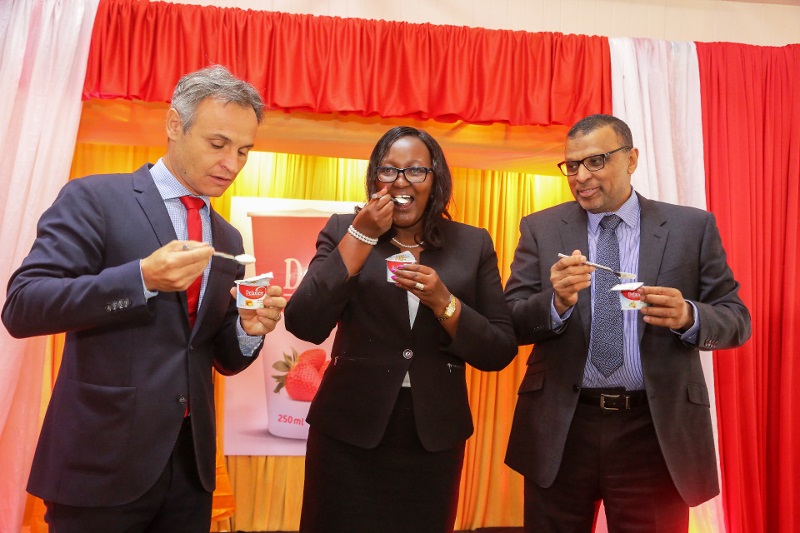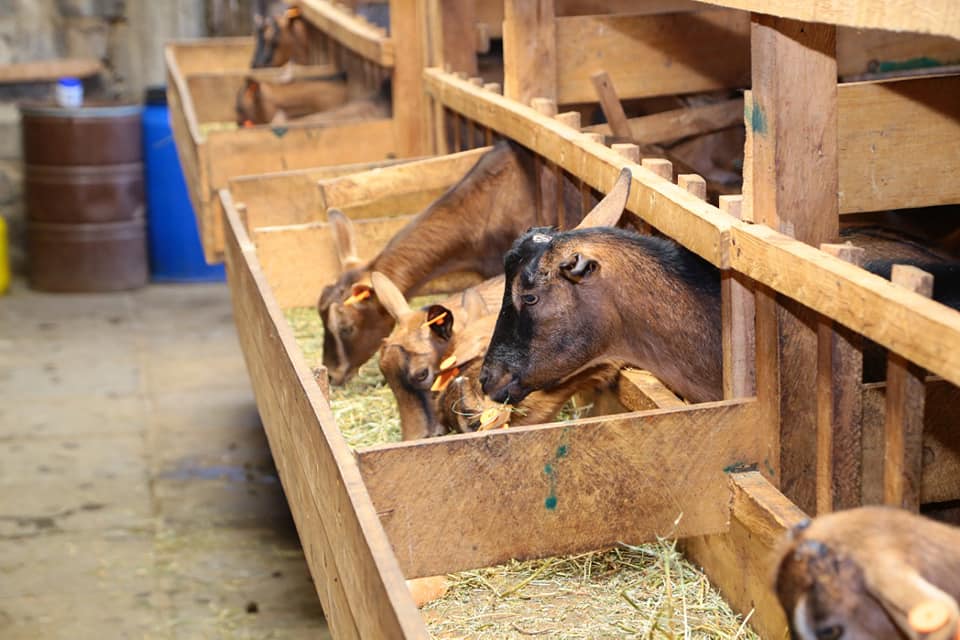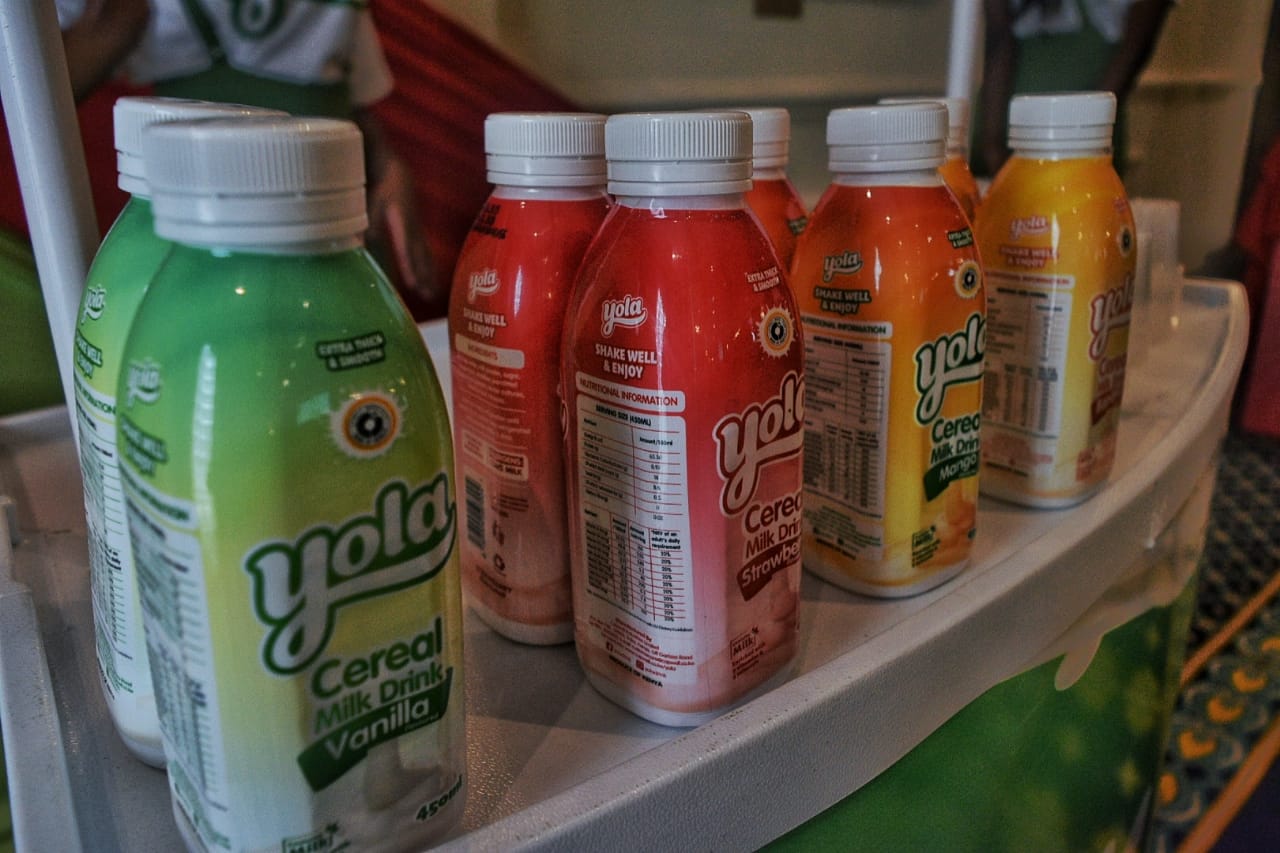Fruit yoghurt brand Delamere has expanded its product portfolio to meet growing consumption in Kenya and East Africa.
The new products will includes three new flavours, including premium vanilla, pear caramel and lemon biscuit in addition to the current strawberry flavour.
Despite having been in the market for over 90 years, Delamere majorly produced the strawberry flavour, which earned it 67% market share in the yoghurt market, according to its Marketing Director Oliver Mary. “This is a major milestone for the Delamere brand which has a rich heritage,” he said.
“For the first time in Kenya, customers will be able to enjoy affordable fruit yoghurt which has always been expensive. Our goal is to increase the consumption of yoghurt which is still very low compared to other countries in Africa, by giving customers reasonably priced varieties and quality yoghurt.”
See Also: Norfolk swallows latest serving on Nairobi’s hotel menu
The new products will retail in sizes of 100ml, 150ml, 250ml and 450ml at Ksh40, Ksh55, Ksh65 and Ksh120 respectively. The products will also sell in three-litre bottles and tetra packs. This comes at a time when dairy products prices have been hiked, especially fresh milk.
In a bid to meet consumer demand, the company has invested in two automated machines for packing of the new cup Delamere yoghurt brands.
Speaking at the launch in Nairobi, Kenya Dairy Board Managing Director Margaret Kibogy said the dairy sector is key to Kenya’s economy.
Read: Govt crafts creative recovery strategy for KQ
“The dairy sector employs more than 750,000 Kenyans both directly and indirectly with more than 5.2 billion litres of milk being processed yearly hence contributing significantly to the growth of our GDP,” said Mrs Kibogy.
“Demand for dairy products in Kenya is increasing by the day, and we are glad that players like Delamere are stepping in to fill the demand and give consumers more choices.”
Delamere was the first yoghurt to be launched in Kenya in 1927. The dairy industry in Kenya has one of the largest and refined in Africa. The industry was, however, hard-hit by little rains in December 2016 and delayed long rain season in April, lowering its productivity which triggered high prices.
NEXT: Uhuru’s milk firm blocked from entering Tanzania
[crp]













Leave a comment